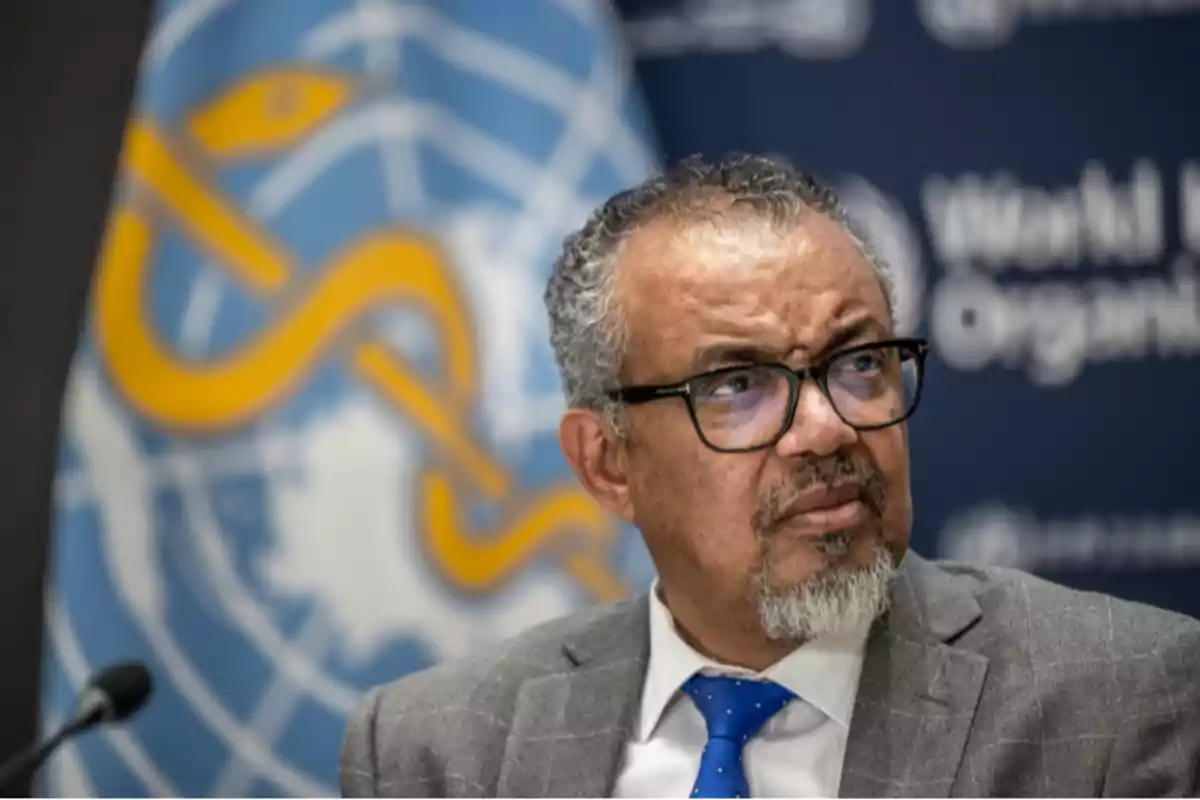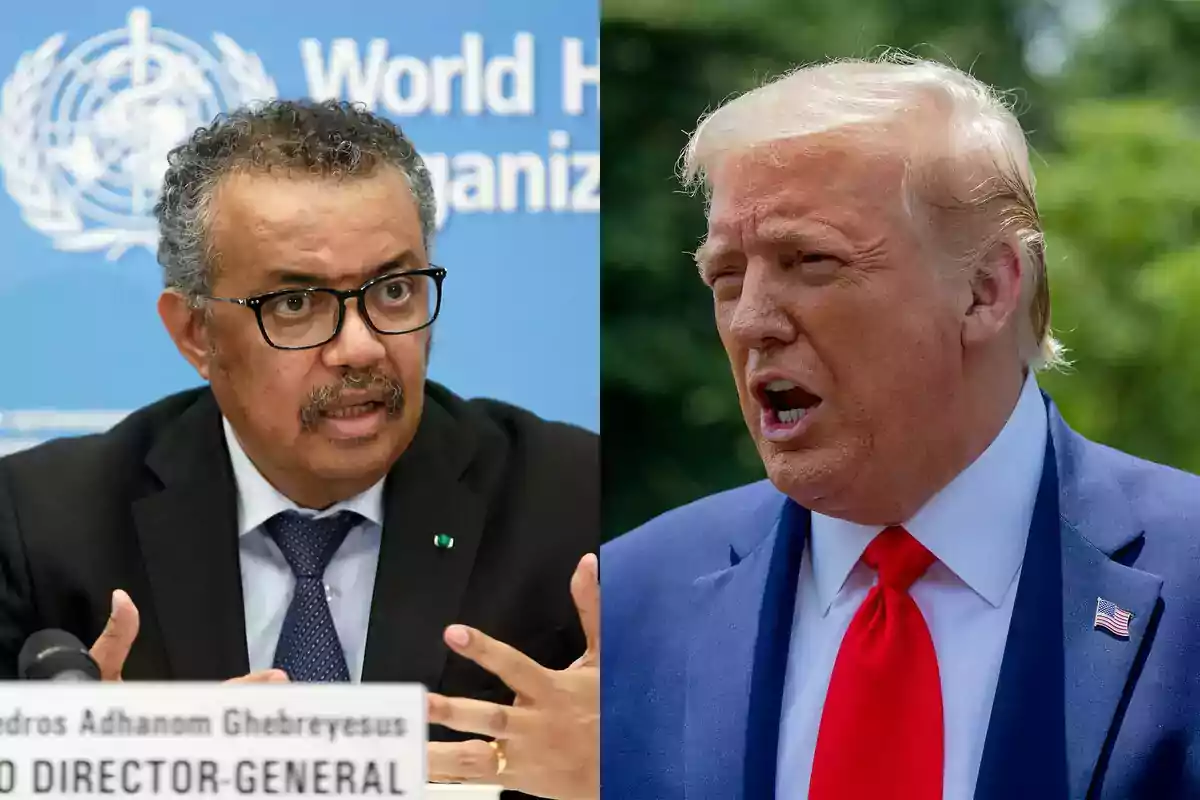
The WHO faces an unprecedented financial crisis and is on the brink of collapse.
It faces a deficit close to 1.9 billion dollars in relation to its budget for the 2026-2027 period
The World Health Organization (WHO) faces an unprecedented financial crisis, which was exacerbated by President Donald Trump's decision to withdraw the United States from the organization.
The entity, heavily criticized for its disastrous and authoritarian handling of the COVID-19 pandemic, faces a deficit close to 1.9 billion dollars in relation to its projected budget of 4.2 billion for the 2026-2027 period, in addition to a shortfall of 600 million dollars that must be covered before the end of 2025. This situation was disclosed by senior WHO officials during a global staff meeting held on Tuesday, according to Health Policy Watch.
The 1.9 billion deficit means that the organization lacks almost 45% of the funds needed to operate, even with an already reduced budget of 4.2 billion dollars for the next budget cycle. This was explained by Imre Hollo, WHO's Director of Planning, Resource Coordination, and Performance Monitoring, at the employee meeting.

One of the key factors behind this crisis is the lack of payment from the United States. The previous Democratic administration, under President Joe Biden, did not pay the 130 million dollars owed before leaving office in 2024, as revealed by Raul Thomas, WHO's Deputy Director-General of Business Operations.
The United States, historically the largest contributor to the organization, had contributed nearly 1 billion dollars in fixed fees and voluntary donations during the 2022-2023 period.
In total, the U.S. government "owes" 260 million dollars corresponding to the 2024-2025 fees, although it is unlikely that these funds will be delivered by the new president, Donald Trump. Despite demands for payment, Trump announced in January his decision to withdraw the United States from the global health agency.
In a global Zoom meeting with World Health Organization (WHO) staff, Director-General Dr. Tedros Adhanom Ghebreyesus assured that staff cuts will begin with senior management, although they will affect all levels and regions.

"The reduction will be carried out strategically and carefully, based on a prioritization process that will allow us to focus on our core functions, maximize our comparative advantage, and achieve the greatest possible impact with the available resources," Tedros explained.
The WHO head also noted that "all options are on the table," including the merger of divisions, departments, and units, as well as the reassignment of functions within the organization.
"We expect to complete this prioritization exercise in the second half of the month. From that point, we will be able to provide greater clarity on the scope of the cuts and how they will be implemented," he added.
Finally, Tedros emphasized that decisions on staff reductions will be based solely on the outcome of the prioritization and not on contract type, hierarchical level, or other factors.
More posts: